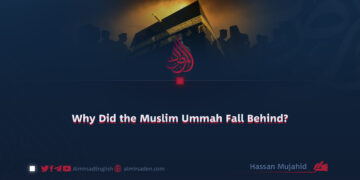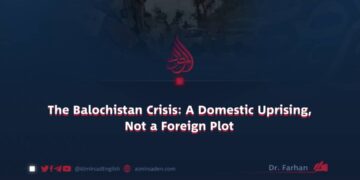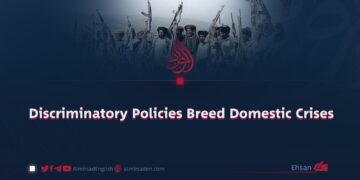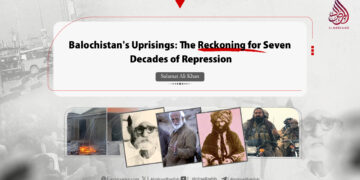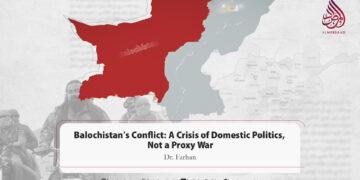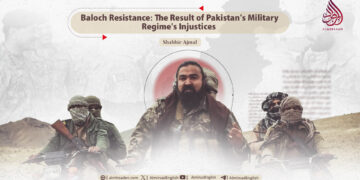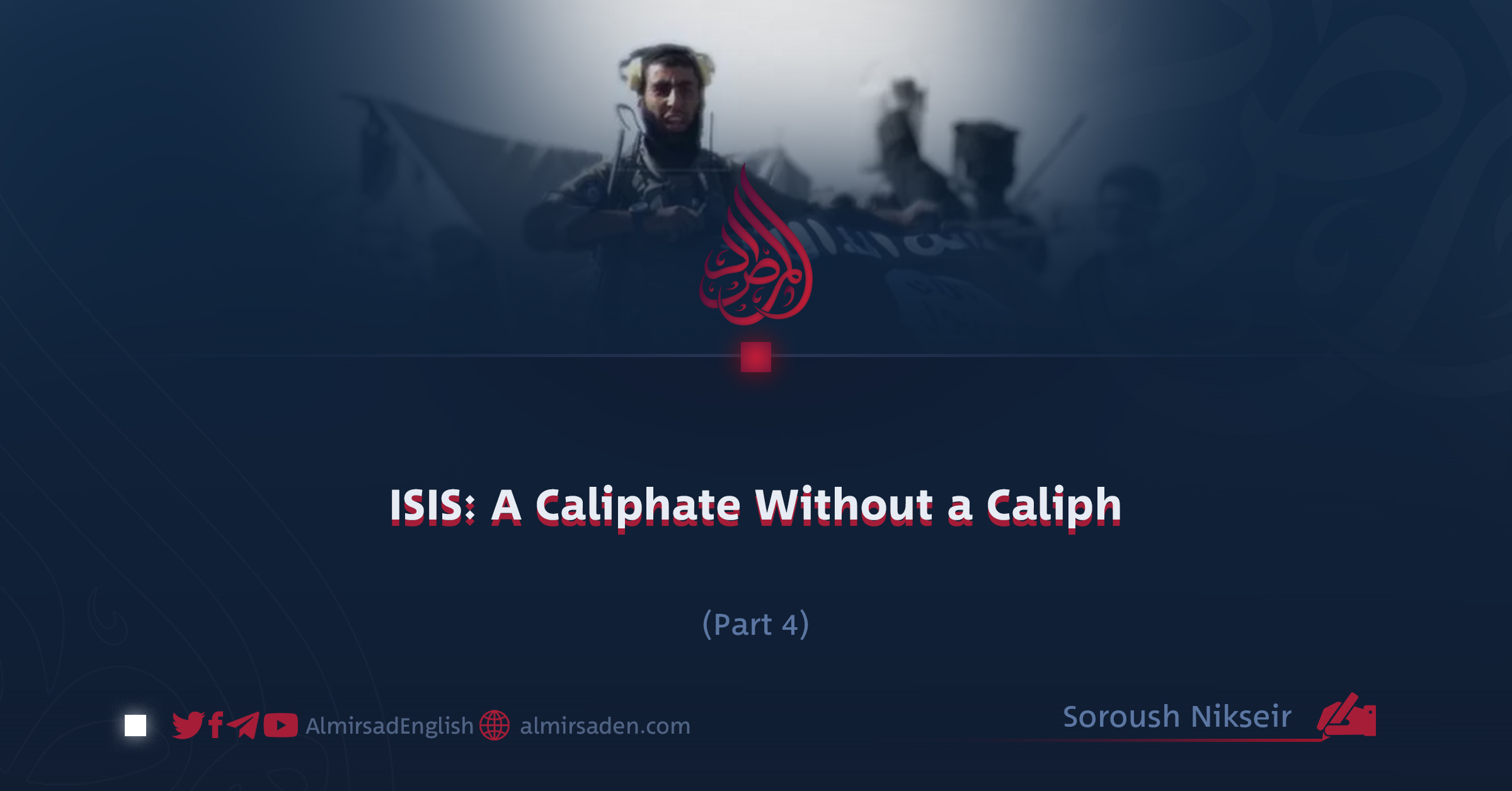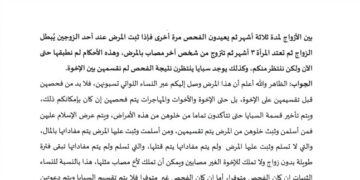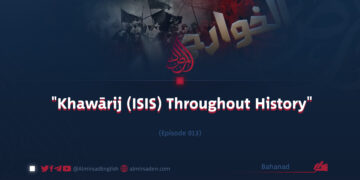Part 4
Soroush Nikseir
The Ideological Collapse: A Stark Contradiction Between Rhetoric and Reality
ISIS emerged onto the world stage with alluring slogans such as “reviving the Islamic Caliphate” and “establishing a government for the oppressed.” However, the group’s actions stood in direct contradiction to its lofty proclamations. While it outwardly claimed to uphold Sharia law and justice, in practice, ISIS quickly devolved into a despotic regime where authoritarianism reigned, and the disparity between its leadership and the general population grew with each passing day.
ISIS propagandists sought to manipulate public opinion through sophisticated media campaigns, portraying the group as a champion of justice and equitable wealth distribution. Yet, the reality on the ground revealed a far different picture. Foreign fighters, favored by the leadership, enjoyed lavish accommodations in five-star hotels, occupied seized mansions, and received privileged access to exclusive medical services.
Meanwhile, ordinary civilians in cities such as Mosul and Raqqa suffered extreme shortages of essential resources like water, electricity, and medicine, often left to fend for themselves without any meaningful assistance.
Under the rule of a so-called caliphate that lacked a legitimate caliph, the local population, though technically alive, was deprived of dignity, agency, and basic human rights. Life for them had lost all substance, reduced to mere survival in conditions resembling servitude.
A striking example of this contradiction could be seen in the economic collapse within ISIS-held territories. Although the group rose to power on promises of uplifting the poor, it channeled its financial resources not into public infrastructure or services, but into procuring arms and paying generous salaries to its fighters.
Some foreign militants received monthly stipends as high as $1,000, even as inflation caused the prices of food, fuel, and other necessities to soar beyond the reach of ordinary citizens. This economic imbalance not only intensified poverty but also bred deep-seated resentment among the population. Ultimately, this widespread dissatisfaction played a pivotal role in hastening ISIS’s military and ideological downfall.
On a societal level, ISIS similarly failed to uphold its promises. The group, which had pledged to establish security and justice, instead instituted a reign of fear. Even the slightest dissent was met with brutal suppression through violence, torture, and public executions.
Despite efforts by ISIS-controlled media to project an image of peace and order under the so-called caliphate, local reports painted a grim reality. These accounts revealed mass executions, systematic torture of dissidents, and draconian laws disproportionately enforced on women.
This glaring divergence between ISIS’s self-image and its actual governance led even some of its initial sympathizers to distance themselves from the group. The cruelty, corruption, and blatant hypocrisy of its leadership shattered the idealistic expectations of many who had once seen ISIS as a beacon of Islamic revival.
When an entity claiming to be a legitimate state consistently contradicts its own rhetoric through unjust actions, it cannot endure, regardless of how powerful, influential, or well-organized it may appear. Public opinion cannot sustain such hypocrisy. In Raqqa, the group’s stronghold, this double standard was clearly visible. Foreign fighters lived in privilege as first-class citizens, while the native population endured systemic neglect, poverty, and repression.
This profound inconsistency between words and actions became one of the primary causes of ISIS’s ideological disintegration. The group that once declared itself the savior of the oppressed revealed itself, in practice, to be their greatest oppressor. The vast chasm between its promises and reality stripped ISIS of its legitimacy and alienated those who had once placed their hopes in its mission.
In conclusion, ISIS was not an Islamic government, but rather a violent criminal enterprise that cynically exploited the name of Islam to justify its campaign of dominance and brutality. Fortunately, the time of this wretched group came to an end, and its dark chapter was consigned to the dustbin of history.






